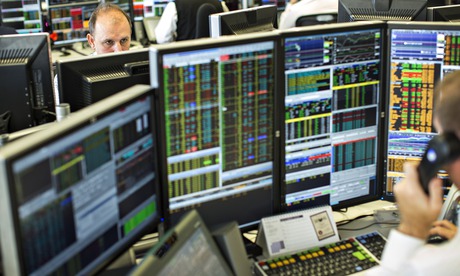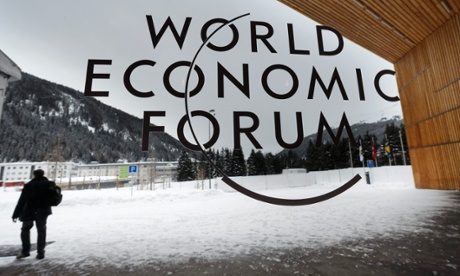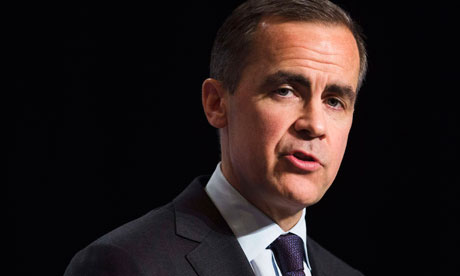Discuss whether a reversal of QE is likely to be economically beneficial.
Quantitative Easing (QE) is an unconventional monetary policy tool used by central banks to stimulate the economy when traditional monetary policy measures, such as lowering interest rates, are insufficient. It involves the central bank purchasing government bonds or other financial assets from commercial banks and injecting liquidity into the economy. The goal of QE is to lower borrowing costs, increase lending, and encourage spending to stimulate economic growth.
When evaluating the potential economic benefits of reversing QE, several factors need to be considered:
Economic Growth: Reversing QE has the potential to impact economic growth. As liquidity is withdrawn from the economy, it may lead to tighter financial conditions, higher borrowing costs, and reduced consumer and business spending. This could result in a slowdown in economic growth or even a contraction in some cases.
Unemployment: The impact of reversing QE on unemployment is complex and depends on the specific circumstances. Tightening liquidity may lead to reduced business investment and hiring, potentially leading to job losses. However, if reversing QE is undertaken to control inflationary pressures, it can help maintain price stability, which in turn can support long-term economic growth and employment stability.
Inflation: Reversing QE can be used as a tool to control inflationary pressures in the economy. If the central bank perceives that inflation is becoming a concern due to excessive money supply, reversing QE can help tighten monetary policy and prevent inflation from spiraling out of control. This can contribute to price stability and maintain the purchasing power of consumers.
Balance of Payments: Reversing QE may have implications for a country's balance of payments. As liquidity is withdrawn from the economy, it could result in a stronger domestic currency, which may impact export competitiveness. A stronger currency can make exports relatively more expensive and imports cheaper, potentially leading to a deterioration in the trade balance and a higher current account deficit.
Financial Markets: The reversal of QE can have significant impacts on financial markets. Selling off large amounts of assets acquired through QE may lead to market disruptions and increased volatility. Investors and market participants may need to adjust their investment strategies and asset allocations in response to the changing liquidity conditions, which could impact asset prices and overall market stability.
Confidence and Expectations: Reversing QE requires clear and effective communication from the central bank to manage market expectations. Changes in monetary policy can influence investor and consumer confidence. If the central bank successfully conveys a sense of stability and a well-managed transition, it can help maintain confidence in the economy and minimize disruptions.
It's important to note that the effects of reversing QE can vary depending on the specific economic conditions, the timing and pace of the reversal, and the effectiveness of the central bank's communication and policy implementation. Careful assessment and consideration of the potential impacts on growth, unemployment, inflation, balance of payments, and financial markets are necessary to ensure that the benefits outweigh any potential drawbacks.
While the reversal of QE may help address inflationary pressures and promote long-term economic stability, it also carries potential risks. The withdrawal of liquidity can tighten financial conditions, leading to slower economic growth and potential job losses. Additionally, the impact on financial markets and investor confidence should be closely monitored to mitigate any disruptions.
Furthermore, free market fundamentalists argue that the market should be left to correct itself without excessive government intervention, including unconventional monetary policies like QE. They believe that market forces should determine interest rates, asset prices, and economic growth without central bank intervention.
In conclusion, the reversal of QE should be carefully evaluated, taking into account its potential impacts on economic growth, unemployment, inflation, balance of payments, and financial markets. The timing, pace, and communication of the reversal are crucial to managing market expectations and minimizing disruptions. While QE can provide short-term stimulus, its long-term effects and potential risks should be carefully considered in the context of specific economic conditions.









